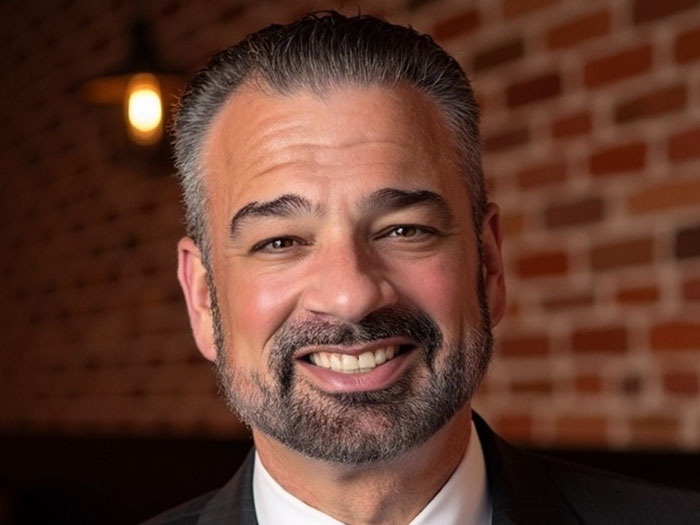A Taxi Driver Is Shot on the Job. His Employment Definition Determines If He Will Receive Workers’ Comp

After moving to the United States, Daoud Oufafa worked several unskilled labor jobs until he landed as a driver for Taxi 7 in 2016.
On the morning of Jan. 5, 2018, Oufafa received a dispatch from the Taxi 7 service for someone requesting a ride. The customer had Oufafa drive them to one location, and then, once they arrived, requested to go to another.
Oufafa explained to the customer that they needed to complete and pay for the first ride before they could leave for the second destination. The customer became angry, pulled a gun on Oufafa and shot him in the shoulder.
Oufafa is now permanently paralyzed from the waist down.
His injuries further required a lifetime of physical therapy and care due to his disability. Oufafa attempted to gain access to workers’ comp through Taxi 7, but the company denied the claim.
Taxi 7 generates revenue by leasing its taxis to its drivers, and Oufafa was no exception — by agreeing to work for the company, Oufafa signed a hand-written agreement that “for the purposes of workers’ compensation, he was not an employee” but instead a contracted driver.
Oufafa did sign but claims he didn’t understand what it had meant at the time. He turned to legal action, asserting that he was indeed an employee.
In an initial hearing with an administrative law judge, Oufafa’s claim was denied. The judge determined that Oufafa was an independent contractor based on the hand-written paper he signed. Oufafa brought his case to the Workers’ Compensation Board of Kentucky.
The Board reviewed the case. It looked at the criteria that distinguishes an employee from a contractor, as well as the opinion of the judge in the lower court.
“The Board found that Taxi 7 was a taxicab company (as opposed to a taxicab leasing company), and that this finding was inextricably linked to the entire analysis regarding Oufafa’s employment status,” the court filing said.
The Board reversed the judge’s ruling. But Taxi 7 appealed, leading to a split decision in favor of Taxi 7, asserting that “it was reasonable for the [judge] to conclude Taxi 7 was a taxi leasing company” because its primary source of revenue stemmed from leasing cars to drivers.
Scorecard: As it stands, the Court of Appeals’ opinion will be reviewed by the initial judge on the case. Oufafa has appealed the decision. It is yet to be decided if he will receive workers’ comp.
Takeaway: For companies that actively hire independent contractors, it is in best practice to have official documentation to make that distinction from employees. It’s also wise to communicate that clearly with contractors before hire. &








